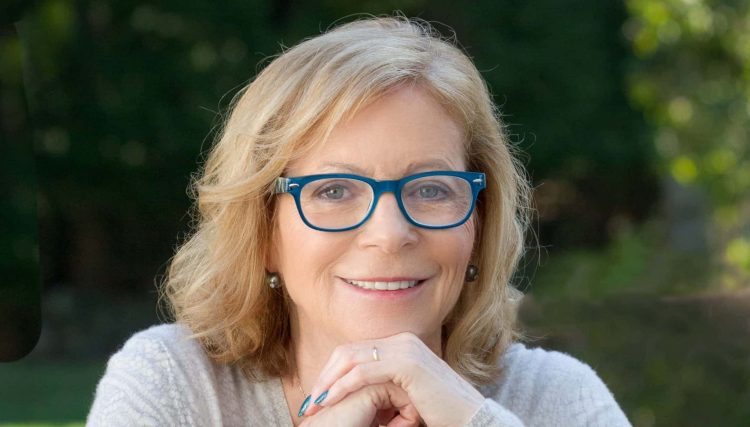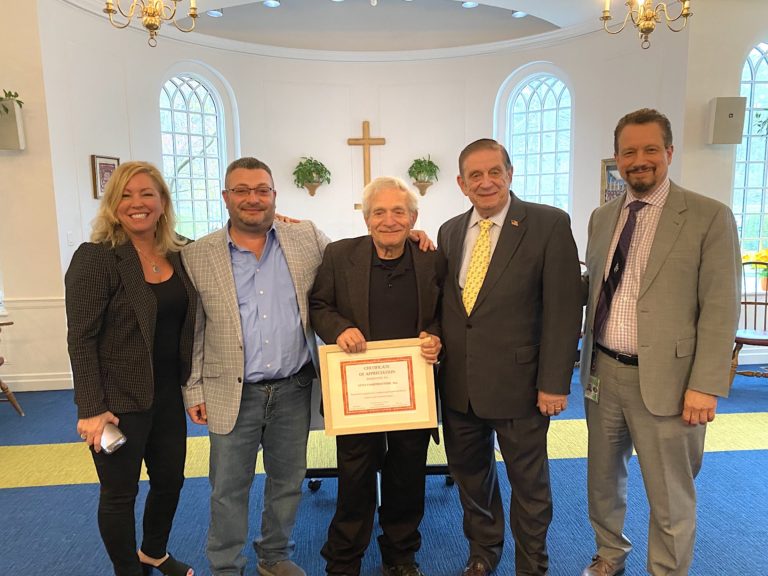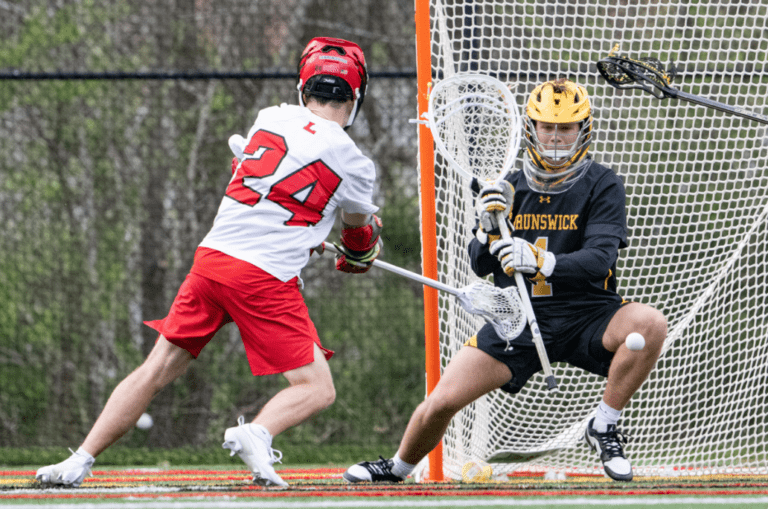
By Patricia Chadwick
For eight and a half years, from 1958 until mid-1966, I lived in the village of Still River, on the west side of the town of Harvard, Massachusetts. More than fifty-five years later, I still consider Harvard to be my hometown. While most of the people I knew there, as a child and then a teenager, have long gone to their just rewards, I have made a number of new friends over the years and they are much the reason for my continuing to visit the town. One among them is Terry Symula, a woman who represents the epitome of virtue—a Catholic with open arms, who seeks and finds the good in others, regardless of their religion and without bias, or conditions, or even a hint of judgment.
This story goes back to August of 2021 when the U. S. military completed its withdrawal from Afghanistan, and in that process airlifted over 120,000 evacuees, the majority of whom were local citizens. Approximately 77,000 of those evacuees were resettled across the United States, with numerous states, including Massachusetts, offering to aid in the process through existing resettlement agencies. To prepare, Worcester-based Ascentria Care Alliance reached out to communities to help support the families that would be arriving. Within a month of the military airlift, volunteers in the town of Harvard, under the leadership of Terry Symula, formed a “Neighborhood Support Team,” (NST) a group of around twenty individuals with skill sets that ranged from midwifery to mental health care, and education. Three local churches—Holy Trinity Catholic Parish, the Harvard Unitarian Universalist Church, and the Congregational Church of Harvard—also collaborated in the effort and were joined by other local not-for-profit organizations.
In the true spirit of “it takes a village,” NST solicited town residents for possible temporary housing options, as well as donations of furniture and clothing to facilities where the arriving families could “shop” with dignity.
The evacuees were coming because of their role in support of U.S. efforts in Afghanistan, and they were given the status of “Humanitarian Parolees” for two years. That enabled them to have work authorization cards, obtain social security cards and apply for additional benefits. Recently, that status was extended for an additional two years; however, the path to United States citizenship for most still remains unclear.
Financial support from the Federal Government for these evacuees and others was quite limited. Thus, the responsibility fell to volunteers—NST, churches, caring individuals—to raise funds to provide the necessities for day-to-day living until the families could obtain jobs and register for benefits that are available through the program. Each NST was asked to raise $5,000 and the Shapiro Foundation in Boston matched that amount. The Harvard NST raised significantly more.
After three months of living in tents on multiple Army bases in Europe and the United States, the first family arrived in Harvard in mid-December—two parents and seven children ranging in age from two to sixteen. The second family of ten—two parents with eight children in the same age ranges—arrived during Christmas week! The language barrier—the families spoke Dari & Pashto, the official languages of Afghanistan—made for a challenge that was resolved by the use of Google Translate and two energetic Harvard high school students. Regardless of religion or language, all the little ones expected Santa, and he delivered for all.
By the end of December, twelve Afghan children were enrolled in Harvard’s Hildreth Elementary School’s pre-K through fifth grade classes as well as Bromfield School, which includes grades six through twelve. A local English Language Development Specialist became a full-time language instructor, and together with an instructional technology specialist, created a website that acted as an ongoing resource for the new students to communicate with their new teachers. Of immense value also was a project to enhance cultural engagement between the newcomers and the townsfolk. In addition to the creation of an online seminar about Afghan history and culture, a buddy system was set up between American and Afghan students. It didn’t take long for the students to share the linguistic, culinary and religious elements of their social and cultural lives with each other.
At the start of 2022, less than six months after the Afghanistan evacuation, the Town of Harvard was hosting a total of twenty-four people, ranging in age from 18 months to 56 years. Then came the twenty-fifth. In April, the first American citizen was born—Khadija, named after the Prophet Mohammad’s wife. Her father exclaimed, “In America, it is such a blessing to have a daughter.” But there were still significant hurdles to overcome, the most critical of which was more permanent housing, as the short-term solution was about to expire. In the center of the town, there was a vacant building, known as Bromfield House—bearing the hallowed maiden name of Margaret Bromfield Blanchard, a townswoman whose 1876 bequest endowed the town’s high school. Terry Symula set about finding a way to rehabilitate the building for housing for the Afghan families, despite the stipulation in the bequest that it be used solely for educational purposes.
In the best of public/private collaboration, the town authorities accepted the rationale that by housing children who would attend the local schools, and by establishing certain spaces within the building for use as an ESL language facility, the spirit of Margaret Bromfield Blanchard’s wish was being honored. The probate process took time which necessitated moving the families again—this time to property offered by the Catholic Church in the adjacent town of Bolton—but allowing the children to continue as students at the Harvard schools. Marty Green, a journalist for The Harvard Press wrote in April 2022, “If it takes a village to raise a child, it must take a metropolis to raise fifteen children.” The support system expanded to meet the needs of the growing number of arrivals. Soon there were volunteers enlisting to tutor biology and physics, to give driving lesson to eager adults and teenagers, to help the grown men secure job interviews, and to drive a bus to a mosque in Worcester, some thirty miles away. Sharing religious activities has been inspirational to both townspeople and the Muslim newcomers—an invitation by the Muslim children to their teachers and friends to share in the festivities that end the Ramadan fast was reciprocated with Terry taking the teenagers (with permission from their parents) to Mass and explaining the saints of the Catholic religion.
In late June, the probate court judge granted permission to Bromfield House to be refurbished as a residence. A call for “all hands on deck” brought cleaners, painters, and carpenters. Terry’s son, who spent months supporting the local communities in Puerto Rico, after the devastation caused by Hurricane Maria in 2017, gutted the bathroom and worked with a Habitat for Humanity plumber to add a shower and complete the remodeling. The Harvard Lions Club worked day and night to install kitchen cabinets, lighting fixtures and flooring. The Knights of Columbus donated a new oven and microwave, so that each family could have their own cooking space. The Garden Club tended to the grounds and all volunteers and some members of the families cleaned and painted. Hearing and reading about the activities brought to mind “Amish barn raising” and the spirit of selflessness engendered in that activity. While Bromfield House took more than one day to refurbish, it was only a matter of weeks before the project was completed. The children could now walk to school.
In her yearend thank-you letter, Terry shared her gratitude with the town as well as the Holy Trinity Parish. Today, there are more than seventy volunteers—including Catholics, Protestants, Muslims, Jews and those who do not practice—engaged in this project of love. All of the adult men and two of the eldest boys are gainfully employed. Carlson Orchards, Fruitland’s Museum, The Harvard General Store—places that form part of the bedrock community of Harvard and that I knew from my childhood—as well as Jabil from nearby Devens have offered jobs, allowing the families to become increasingly independent. All the families have access to dental and medical care within the town. Another baby, also named Khadija, has been born. In a world that seems constantly at war, and when the plight of refugees is top of the news, it is heartwarming to learn of a small town in the countryside of Massachusetts that has opened its arms, its hearts and its wallets to a group of refugees who have returned the favor with gratitude, love and appreciation.
Patricia Chadwick is a businesswoman and an author. Her recently published memoir, Little Sister, the story of her unusual childhood growing up in a cult, is now available in paperback. She is currently working on her second book, Breaking Glass, about her “growing up” on Wall Street. www.patriciachadwick.com




